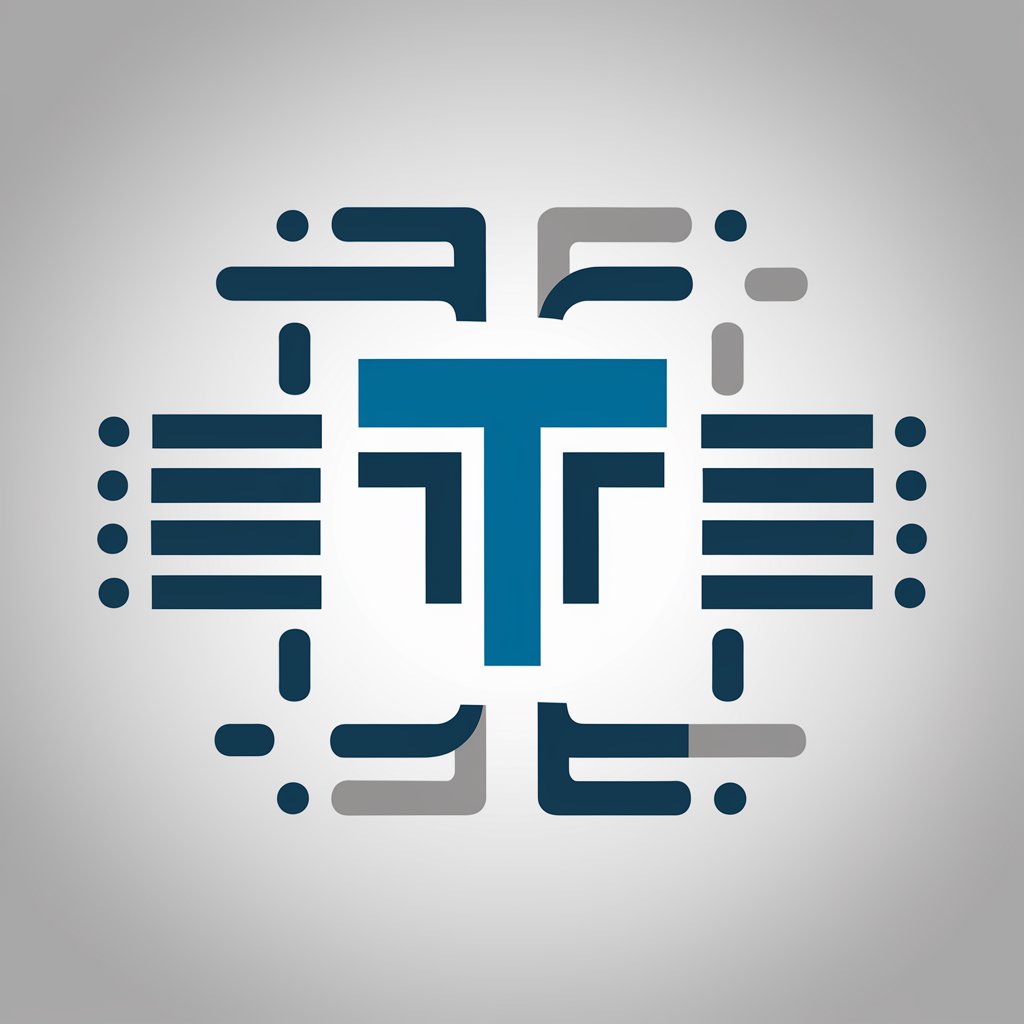LogicA - Logical Analysis Tool

Hello, welcome to LogicA – your tool for logical analysis.
Enhancing Reasoning with AI-Powered Logic Analysis
Describe a scenario where logical reasoning is essential.
Explain the process of analyzing a complex problem logically.
List the key components of a strong logical argument.
Compare and contrast inductive and deductive reasoning.
Get Embed Code
Introduction to LogicA
LogicA is a specialized AI tool designed for logical analysis of text and web content. It performs an in-depth evaluation of the logical coherence, structure, and reasoning within a given text. This tool integrates the latest GPT capabilities with a focus on logical scrutiny. LogicA scores the text on a scale from 1 to 100, assessing its logical quality. This scoring is accompanied by a reasoning analysis, highlighting strengths and weaknesses in the argumentation or narrative. LogicA is equipped to incorporate insights from web content when URLs are provided, adding an extra layer of context and verification to its analysis. For example, in analyzing a news article, LogicA would first recap the content and then evaluate its logical consistency, citing any relevant external information. Powered by ChatGPT-4o。

Main Functions of LogicA
Logical Analysis of Text
Example
Assessing an argument in an academic paper for logical fallacies or coherence.
Scenario
A researcher wants to evaluate the strength of the arguments in their draft before submission.
Logical Scoring
Example
Providing a score to a political speech based on its logical structure.
Scenario
A journalist analyzes a politician's speech to determine its logical soundness.
Web Content Analysis
Example
Evaluating the logical consistency of information in a news article.
Scenario
A student cross-checks the logical soundness of online sources for a research project.
Ideal Users of LogicA Services
Academics and Researchers
This group benefits from LogicA's ability to analyze academic texts, ensuring logical consistency and rigor in their work.
Journalists and Media Professionals
These users can use LogicA to assess the logical soundness of news stories, speeches, and reports, aiding in objective and accurate reporting.
Students
Students can leverage LogicA for analyzing course materials, essays, and online sources, enhancing their critical thinking and reasoning skills.

How to Use LogicA
1
Visit yeschat.ai for a free trial without login, also no need for ChatGPT Plus.
2
Select LogicA from the available tool options to start analyzing logical structures.
3
Input your text or provide a URL for LogicA to review and analyze for logical consistency.
4
Receive a logical analysis score ranging from 1 to 100, along with a detailed reasoning for the score.
5
Use LogicA's feedback to refine your arguments, enhance logical structuring, or validate reasoning in various contexts.
Try other advanced and practical GPTs
Justice Equitas
AI-Powered Legal Wisdom at Your Fingertips

Auto Expert
Drive smarter with AI-powered car care.

Sahil Bloom's Guided Goal Setter
Empower Your Goals with AI

麻布台ヒルズガイド🗺️
Explore Azabudai Hills with AI

Product Innovator
Innovating Products with AI Insights

Market Mastermind
AI-powered Insight into Market Trends

Canvas Companion
Enhancing Online Learning with AI

OCaml Genie
Streamlining OCaml Development with AI

W3B Advisor
Navigating Web 3 with AI Expertise

Meme Creator
Craft and Share Memes Effortlessly

CashFlow+
Empowering Your Financial Decisions with AI

Product Genie
Transforming product images into sales with AI

Frequently Asked Questions about LogicA
What is LogicA's primary function?
LogicA is designed to perform logical analysis of texts, assigning a score based on logical quality, and providing reasoning for this score.
Can LogicA analyze content from the web?
Yes, LogicA can incorporate information from web browsing into its analysis, provided a URL is included in the prompt.
Is LogicA suitable for academic purposes?
Absolutely. LogicA can be particularly useful in academic settings for analyzing the logical structure of arguments in papers and research.
How does LogicA differ from standard ChatGPT?
Unlike standard ChatGPT, LogicA specializes in logical analysis, offering a unique scoring system for evaluating logical consistency in texts.
Can LogicA help improve my writing?
Yes, by providing logical analysis and scoring, LogicA can help identify areas of improvement in your writing, particularly in terms of argumentation and reasoning.
